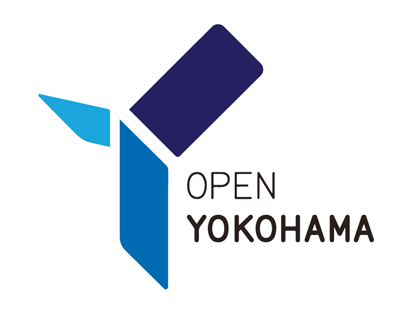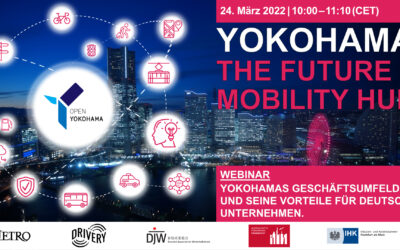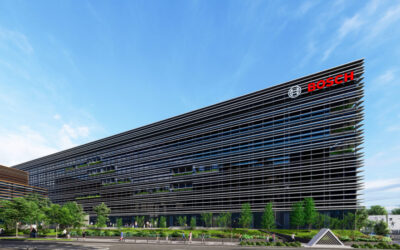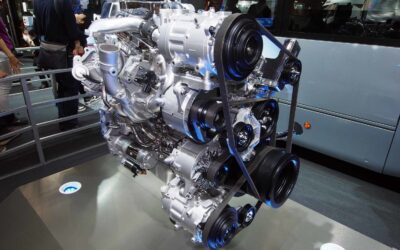Mobility
Yokohama has long been a center for automotive and autoparts industries in Japan. In addition to Nissan, Mazda and Panasonic that all have major establishments in Yokohama, top international automotive parts suppliers such as Bosch (global headquarters in Germany) and Adient (U.S.) have chosen to locate in Yokohama. Many of these companies have invested in leading edge R&D that will pave the way to innovation in fields such as automation and Mobility as a Service (MaaS). Nissan, Denso, and other global companies have established specialized R&D facilities to accelerate research for new mobility solutions and spur open innovation with non-automotive collaborators. There are also several emerging mobility firms in Yokohama attracting international attention.
Yokohama’s universities are also playing a crucial role in advancing visionary research on next-generation mobility solutions. Most notably, Yokohama National University (YNU) has established a Next Urban Laboratory that aims to foster collaboration between regional actors and promote research projects in various interdisciplinary fields including mobility. Nearly 40 organizations including companies, universities and research institutions have joined this project as official partners. Keio University and the Tokyo Institute of Technology also work on mobility-related research on their Yokohama campuses.
Another major advantage is the city’s active role in promoting innovation and pioneering pilot projects to test out emerging technologies, including in the automotive field in Japan Through its IoT innovation platform ITOP Yokohama, Yokohama promotes innovation that stems from the fusion of manufacturing and IT, and supports collaboration across business, government, and academia. This cross-sector collaboration has given birth to numerous ground-breaking field tests conducted right in the middle of Yokohama’s booming business centers, involving technology such as autonomous and eco-friendly vehicles, drones, and robots. For example, Nissan Motors and DeNA have started field testing Easy Ride, a transport service utilizing driverless vehicles in the Minato Mirai 21 District in early 2018. One could say the future of mobility and automotive tech lies in Yokohama, Japan.
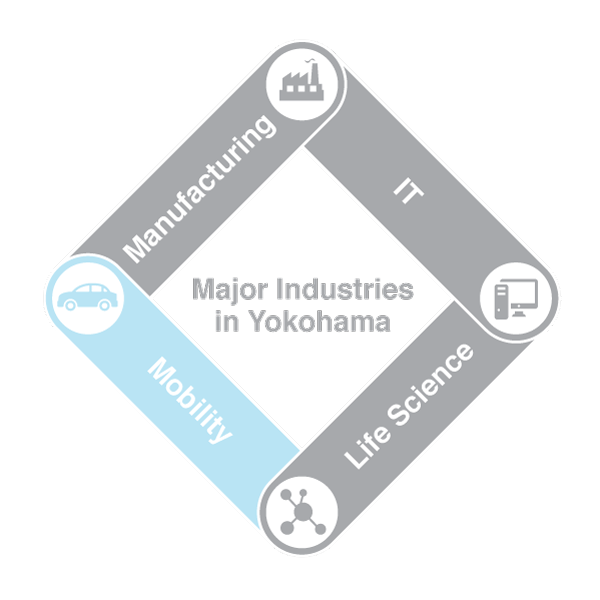
At a Glance
- As of 2017, Yokohama had a total of 152 transportation equipment manufacturers, which accounted for 6.5% of all 2,345 manufacturing establishments. There were 13,487 people employed by transportation equipment manufacturers, which accounted for 15.3% of all 88,058 people employed in the manufacturing sector.
- As of 2014, Yokohama had a total of 3,237 transportation & postal services establishments. A total of 92,978 people were employed in this sector.
Initiatives
ITOP Yokohama:
An innovation platform for collaboration and exchange, project implementation, and human resources development to spur the growth of new businesses in IoT, big data, AI, and robotics, while capitalizing on Yokohama’s existing manufacturing and IT industries. In order to qualify for membership, companies/organizations/universities must be interested in engaging in open innovation to design new products or services using IoT etc., and either already work with SMEs or plan to involve SMEs in their prospective projects.
Website:http://itop.yokohama (Japanese Only)
Key Companies & Organizations
Companies
- Adient
- Autoliv
- Bosch Engineering
- Continental Automotive
- Faurecia Japan
- Magna Steyr Japan
- Magneti Marelli Japan
- Maruzen Showa Unyu
- Nissan
- Schaeffler Japan
- Sotetsu Holdings
- Transtron
- Utoc Corporation
- ZF Japan
Learn More
Yokohama’s Mobility Industry: Deep Dive
Yokohama Matching Program 2025 – Selected Companies
The Yokohama Matching Program, Yokohama’s newest initiative to connect international startups with business opportunities in Japan, attracted strong global interest in its inaugural year. Designed...
Yokohama’s new PoC Support Program is a chance for international startups to hit the ground running in Japan
*Applications open now through August 15, 2024* Entering a new international market and accessing its many benefits can be a daunting proposition, both for large companies and especially for...
We organized the online seminar ”YOKOHAMA, THE FUTURE MOBILITY HUB”!
On 24 March 2022, the City of Yokohama organized an online business seminar for German companies entitled 'YOKOHAMA, THE FUTURE MOBILITY HUB'. Led by the City of Yokohama Europe Representative...
Bosch moving Japan headquarters from Tokyo to Yokohama, building new R&D center
The Bosch Group, the worldwide leading supplier of automotive equipment and provider of innovative technology and services on a global scale, has decided to move its Japan headquarters to Yokohama....
Why foreign businesses are choosing Yokohama over Tokyo when expanding into Japan
Yokohama City, as a historically international city and the second largest in the country, is one of the most popular locations for global companies seeking to expand their business and enter the...
Isuzu Motors Limited relocating to Yokohama to join city’s strong automotive industry base
After having just announced last month that 7 global automotive companies established their bases in Yokohama in 2019, we are happy to announce that they will be joined by another. Isuzu Motors will...
